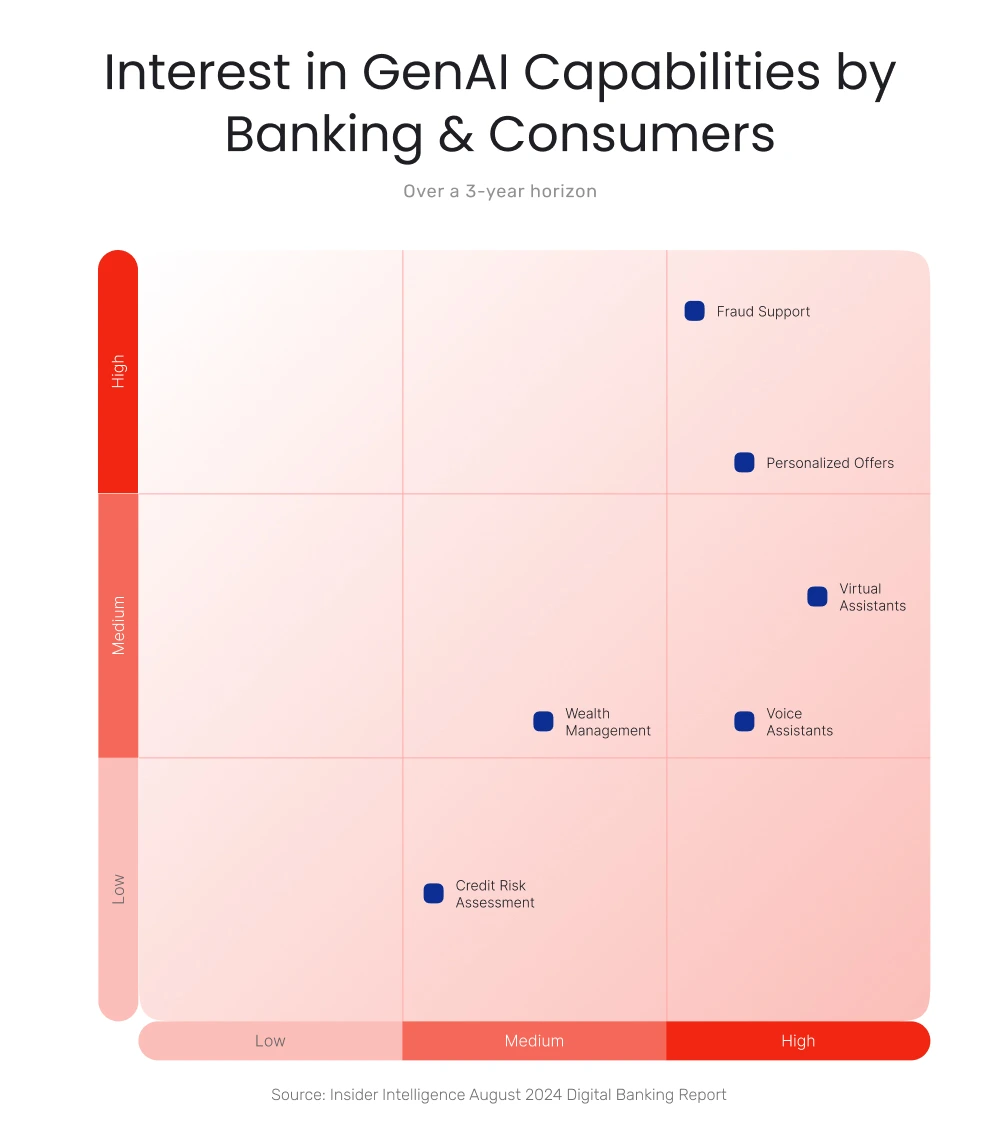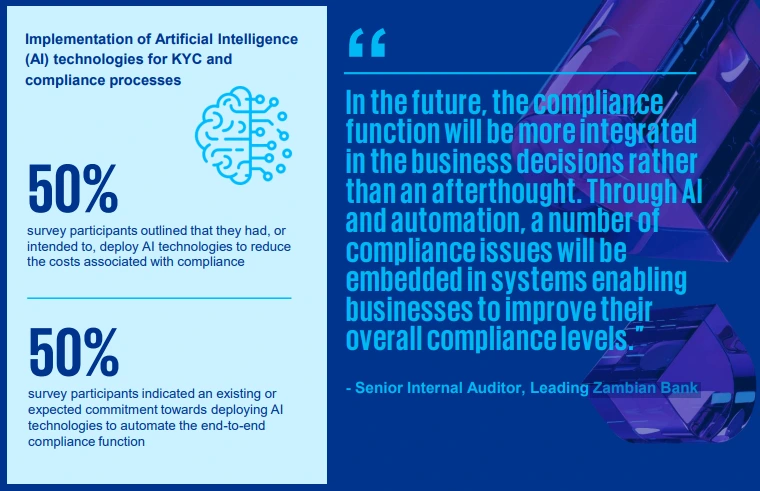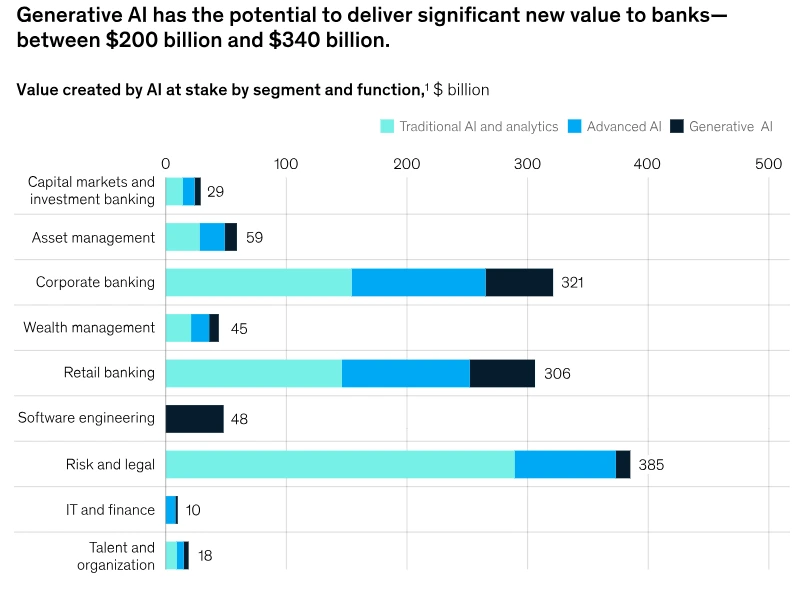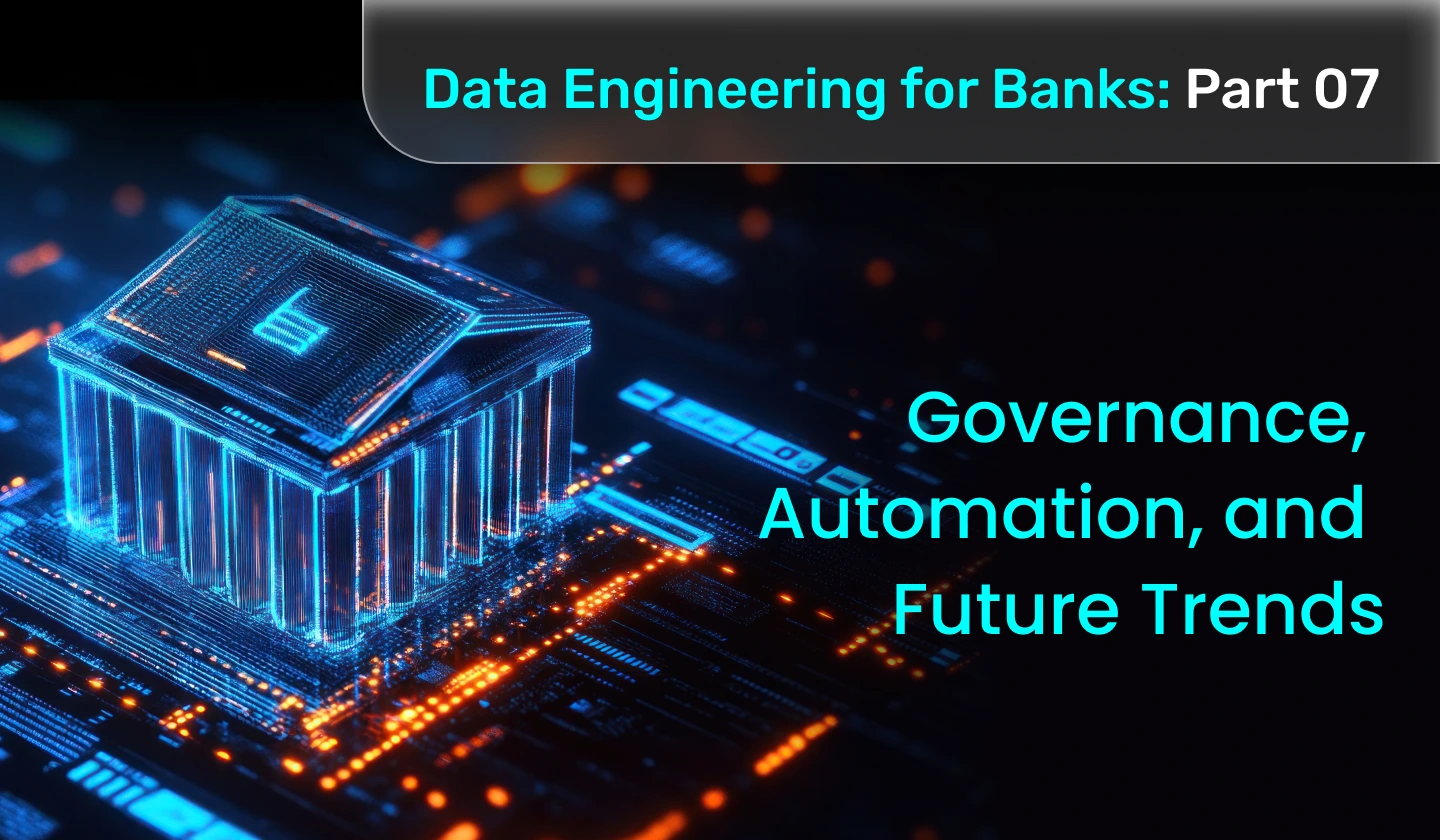South African Reserve Bank’s Stance on AI
The South African Reserve Bank (SARB) has already begun positioning AI as part of the country’s financial future.
Through its Prudential Authority, SARB has initiated industry surveys, issued interim guidelines, and opened discussions with banks on how AI, cloud, and other emerging technologies will be supervised.
Governor Lesetja Kganyago has also shared that AI could significantly accelerate and improve economic forecasting – a signal that the central bank views AI as part of strategic economic planning.
For South African banks, this means AI adoption is not happening in isolation; it is happening in a regulatory environment that is learning, adapting, and preparing to govern its use.
In practice, this means:
→ Policy alignment early on
→ Risk frameworks that resonate
→ Strategic foresight











 11 mins
11 mins











 Talk to Our
Consultants
Talk to Our
Consultants Chat with
Our Experts
Chat with
Our Experts Write us
an Email
Write us
an Email





